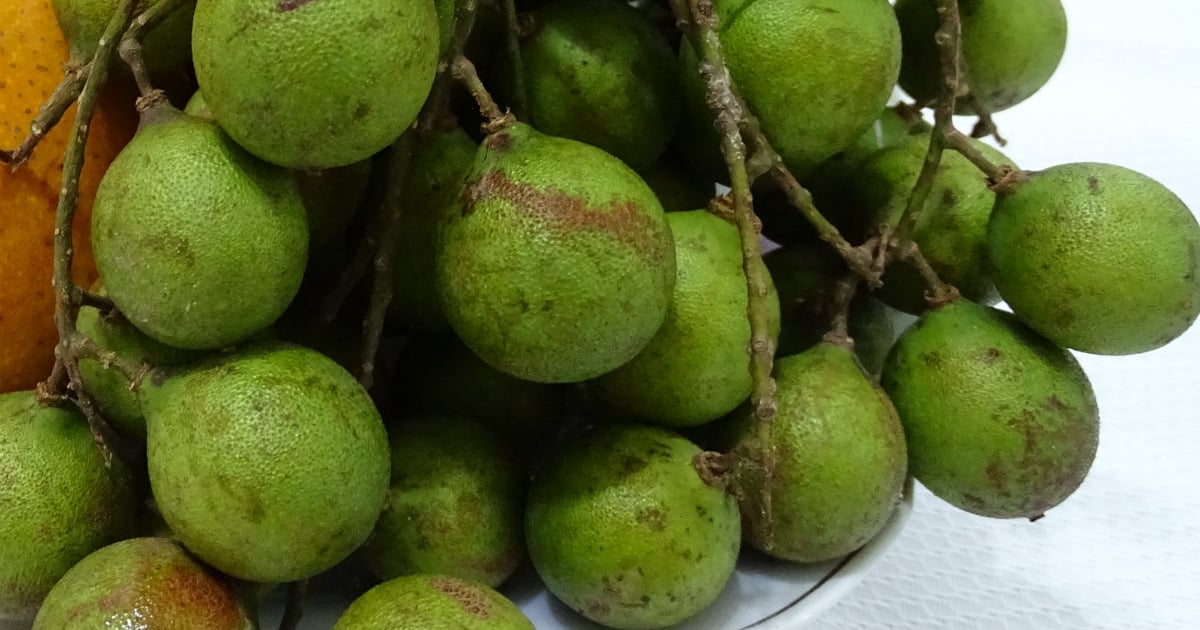
Cuba is a tropical island with an incredible diversity of fruits. However, we usually always eat the same ones: mango, guava, plantain, melon. Do you remember how long it has been since you have eaten mamoncillo, tamarind, almond (Cuban), soursop or sugar apple?
The most popular are the most dangerous
These delicious fruits are offered less and less in our markets. You can only eat many of them if a family member or friend keeps a good bush in the field. When they arrive in the city their prices are a little high, but it is worth trying them.
Among the most popular are mamoncillos and tamarinds. These two are dangerous for small children because of the size of their seed and the way they are eaten. You must suck until all the meat is removed from the stone of the fruit. They are mostly acidic.
That suction can scare you if you don't control your reflexes well. There have been countless cases of drowning in minors and adults. That is why it is recommended that you always supervise your children while they eat tamarind or mamoncillos.
Soursop and sugar apple, kings of champola
The famous champolas are prepared with these fruits, a cold and refreshing drink that is obtained by macerating them with sugar, after removing the peel, and mixing the pulp with water. Then you strain it, remove the seeds and enjoy an authentic Cuban soft drink.
This type of drink is also prepared with mamoncillo or tamarind. But the tastiest champolas, I dare say, are those made from soursop. This fruit also has antioxidant properties so it is recommended for those who want to stay in optimal shape.
The Cuban almond, actually called Almendro Malabar
If you have to go through trouble to eat a fruit, it is the Cuban almond, which is not actually from Cuba. Its scientific name is Terminalia catappa. It is native to the Malaya region and was introduced to the Island because it is a large tree, ideal for ornament and shade.
The almond inside its fruits is edible. To get there you have to be truly interested in trying it and it is therefore a boy's entertainment. Most of the time the fruits are discarded.
We Cubans also take advantage of the crushed leaves of almond trees to prepare soothing baths for some skin conditions. Although more than one person I know has cut down this tree because of the amount of leaves it generates.
Believe it, or don't believe it. Cuban fruit trees are those that have suffered the most from indiscriminate felling in cities. One of the great unknowns for children in Cuba is sugar apple. Currently, whoever owns one of these precious trees has a small mine in Cuba.
Comments
Filed in: